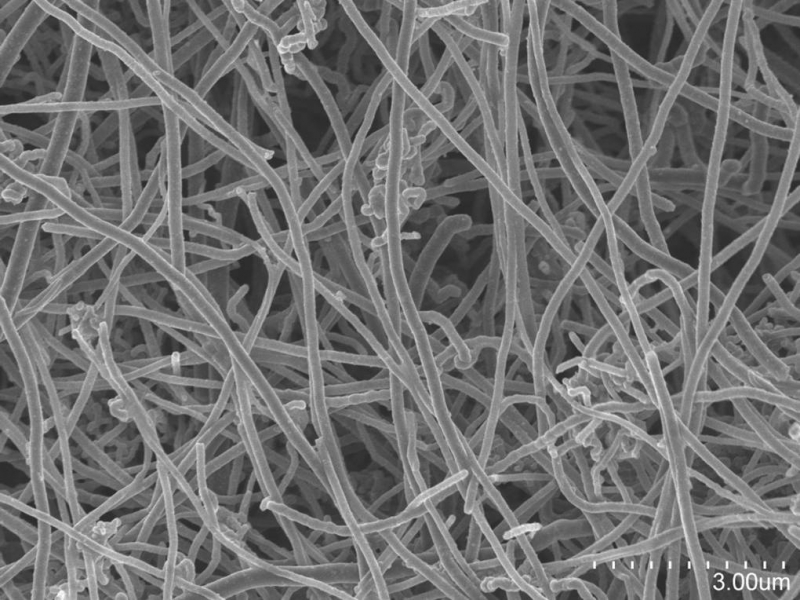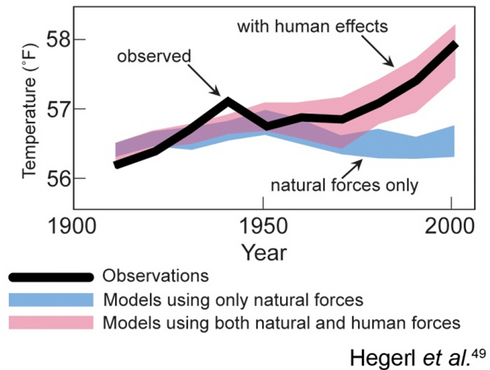Contrails are the trails of condensed water vapor that follow an airplane at a high enough and cold enough altitude. They became a visible presence in World War II and were part of newsreels of allied bombers hitting Germany and dog fights over the English countryside. There was more than just an aesthetic side to the new, high clouds in the sky, though. Post-9/11 During the attacks on September 11, 2001, FAA controllers, “Did the only thing they could think of to try to control the situation: ordering every aircraft in U.S. airspace, about 4,000 of them, to land somewhere, anywhere, immediately.” “Canadian officials followed. Airports in Atlantic Canada quickly filled with thousands of bewildered people who had been flying west across the Atlantic from Europe, but found themselves stranded in Goose Bay, Labrador or Stephenville, [Newfoundland].” Following this mass grounding, an observable cooling took place. Andrew Carleton, a geographer at Pennsylvania State University recalled his observations at the time. “I remember walking …
Capturing Carbon and Making Airplanes from It
Climate scientists have tracked the growing percentage of carbon dioxide (CO2) in the air, and noted a correlation between that rise and global warming. Scientists from Michael Mann to Benjamin Santer have measured the changes in CO2 levels against climate change, with 97 out of 100 climate scientists accepting that human activities and rises in CO2 (and other greenhouse gases such as methane) are affecting our overall climate. Not to start an argument about this matter, this entry looks at a novel method of removing CO2 from the atmosphere and using it to make possible carbon materials that would be used in aerospace and other components. The question of carbon removal usually includes some method of storing it. Futurism.com has a great overview (too large to display here) that shows those methods. One enterprising group of scientists avoids the costly and difficult means of carbon storage and instead focuses on retrieving carbon and turning it into carbon wool, a usable …
Is It Hot in Here – Or Is It Just Dr. Santer?
Dr. Benjamin Santer is a renowned climate scientist, leading the Intergovernmental Panel on Climate Change (IPCC) when it won the Nobel Peace Prize (along with former Vice President Al Gore) “”for their efforts to build up and disseminate greater knowledge about man-made climate change, and to lay the foundations for the measures that are needed to counteract such change.” The IPCC clarified the award by explaining, “The prize was awarded to the IPCC as an organization, and not to any individual associated with the IPCC.” Even though he fought through the idea that mankind was adding to the warming trend over the last 100 years*, and risked his career at several points along the way, overall, scientists worldwide have come to agree with his assessments, with well over 97 percent of climate scientists now accepting the anthropogenic causes of atmospheric warming. *New evidence from 25 researchers suggests human-caused warming started as early 1830 – at the beginning of the Industrial …



